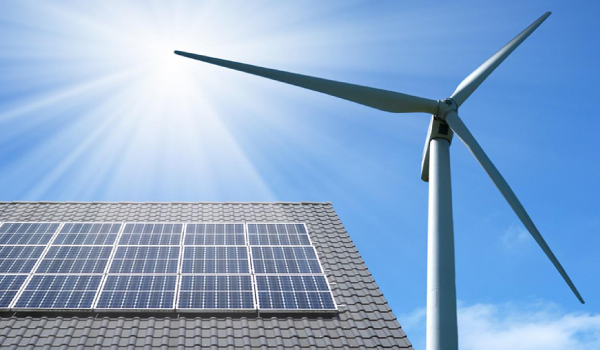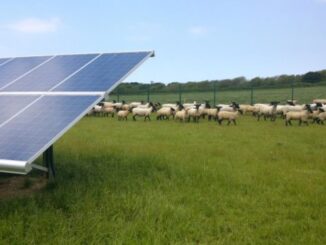
The Association for Renewable Energy and Clean Technology (REA) has warned that the UK Government’s Energy Generator Levy (EGL) plans has put hundreds of millions of pounds of investment at risk.
The REA said that the renewables sector was key to tackling the volatile costs of fossil fuels at the heart of rising energy bills, and its treatment must be fair and equitable in relation to the oil and gas sector. The Association believes that under no circumstances should the EGL risk the solvency of businesses that have a vital role in the UK’s long-term energy security.
“The REA now urges government to provide investment allowances within the EGL to the renewables and clean technology sector as already awarded to the oil and gas sector in the comparable Energy Profits Levy. Failing to do so risks undermining much needed investment crucial for renewable energy and clean technology investment to achieve Net Zero. It currently remains unclear why the renewables sector is being treated differently to the oil and gas sector.”
“The impact of the proposed levy is already being felt across the sector. Surveyed members indicate that since the announcement of the levy in the Autumn Statement, investment pipelines for critical low carbon renewables and clean technology have been paused, putting hundreds of millions of pounds of potential green investment at risk. Such sites include solar sites, hydrogen production facilities, heat networks and bioenergy carbon capture projects – amongst REA members alone,” the Association stated.
With the Government laying out the legislation for the levy, the REA welcomed the constructive revisions in the form of covered exceptional fuel costs and the benchmark price indexed to CPI, two mechanisms the REA repeatedly advised would mitigate negative impacts of the levy. Despite these small positives, the REA stressed that the lack of investment allowances for renewables, despite their provision to the fossil energy industry was not aligned with the UK’s net zero ambition and was stalling hundreds of millions of pounds of low carbon investment.
“While the REA and its members recognize the immense economic challenges facing this country, we would question the wisdom of subjecting cheaper, greener renewable power sector to a more punishing tax system than its oil and gas counterparts.”
“We strongly urge the Government to fix this disparity by providing a tax relief for low carbon investments as part of the Electricity Generator Levy design. As is already in place for the oil and gas sector in the Energy Profit Levy. This is crucial for getting investments in renewables moving again following the pause that resulted from the last few months of political and policy uncertainty.”
“In the short term, renewable generators can help address this energy crisis by helping keep the lights on this winter, and the REA welcomes the moves on exceptional costs and Indexation, which will mitigate some negative impacts of the levy. In the long-term, renewable generators will provide the UK with homegrown, low-carbon energy, not only providing us with energy sovereignty, but also providing us with much needed economic growth. The market value of the renewables industry is set to more than double to £46bn by 2035.”
“The REA is now urging the Prime Minister and Chancellor of the Exchequer for further clarity on the levy, and to ensure that any mechanism used to raise funds from the renewable energy sector is fair, equitable and supports our sector to grow,” Frank Gordon, Director of Policy at REA, said.
“Enovert is a long-established investor and operator of renewable energy assets in the UK. Enovert has a pipeline of renewable energy assets under development – typically in partnership with local authorities, landowners or energy-intensive users that are keen to reduce their carbon footprint. The EGL risks undermining confidence and restricting future investment in new renewable energy assets,” Mark Silvester, CEO at Enovert, added.



